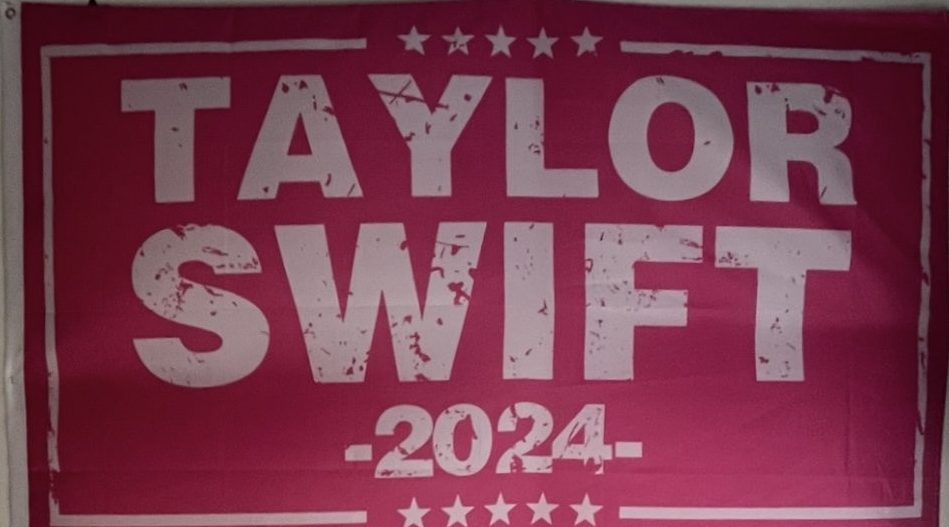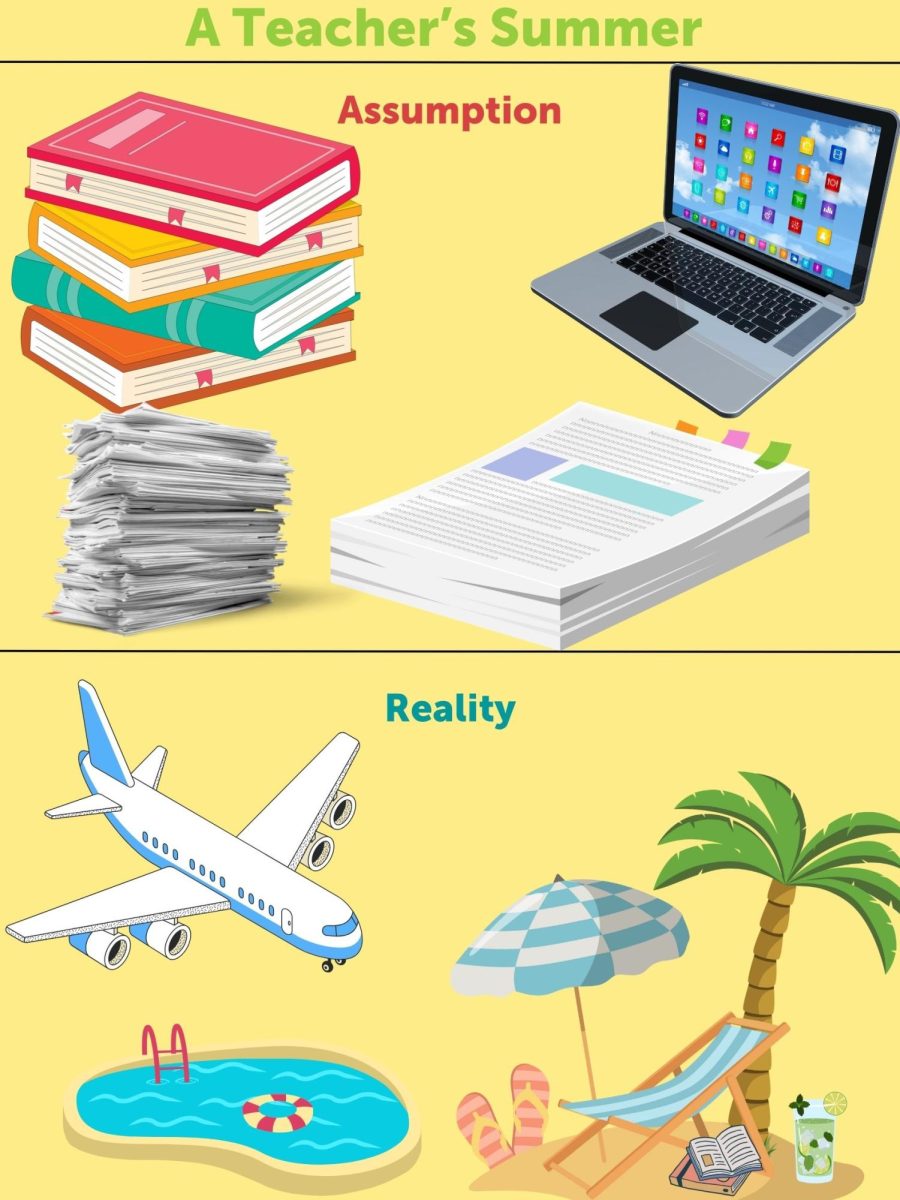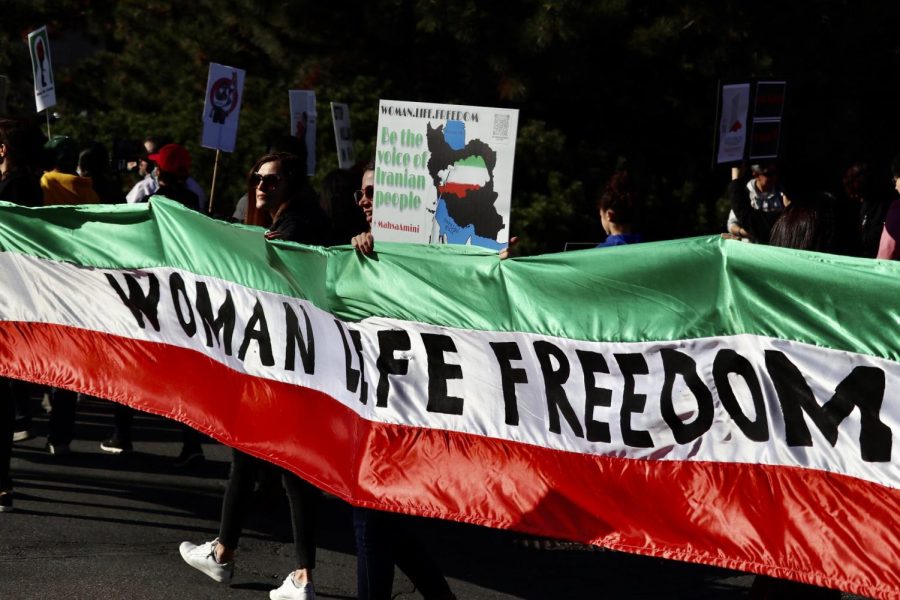As the World Celebrates International Women’s Day, Women in the Middle East Still Struggle
Photo Provided by 3CR Community Radio.
Photo of Iran protest provided by 3CR Community Radio.
March 8, 2023
Currently for International Women’s Day, many around the world are celebrating different iconic female trailblazers and pioneers. From unknown scientists like Rosalind Franklin, who showed the world the structure of DNA, to popular historical figures like Shirley Chisholm, the first Black women to run for president. People are celebrating women’s history, art, science, and culture, and how much girls and women alike have contributed to the world, as well as how far gender equality has grown and how much there is left to grow. The International Women’s Day website says that 2023’s theme is DigitALL: Innovation and technology for gender equality.
However, in other places in the world, not all women are treated as equals. Since September of last year, there have been country-wide protests in Iran after the death of 22-year old Mahsa Amini by the Iranian “morality police,” who shot her for wearing the religious garment hijab improperly.
In Afghanistan, many women are losing the right to receive education under the Taliban, the “Deobandi Islamic fundamentalist and Pashtun nationalist militant political movement in Afghanistan,” according to Google.
Despite many achievements in the past hundred years to increase female rights and gender equality, there is still a big struggle in the two aforementioned middle eastern countries.
“I support the protests that are currently happening in Iran right now. Especially considering the fact that the protests were faced with harsh crackdowns by the Iranian government as many news outlets have reported excessive use of force and human rights abuses against the protesters,” said senior Matt Ablaza. “Most of the people in the U.S. seem to take for granted that we as citizens have the right to assembly—” aka the right to protest, —”according to the first amendment, however, other places such as Iran do not have this which means that groups of people such as women that want their voices heard can be easily silenced by the government.”
While these protests are helping with bringing international attention to the issue, the protests are having little impact on the government, but fortunately are making women’s rights a more prominent issue.
“I feel like this wave of protests is not just the result of one particular instance of power abuse, but it was caused by years of an oppressive government forcing religious values in a very twisted way, and this event was the thing that pushed people over and started the protests,” said senior Khalid Moosa.
The events in Afghanistan and Iran in particular have brought to attention the subject of hijab, the religious garment from Islam, the main religion in the middle east. While many condemn the hijab for being a symbol of oppression against women, others say that it is empowering to women, and that the fault should go to the government, not the religion for abusing its power.
“ I am completely against the idea of the Hijab simply because it is used as an oppressive tool,” Ablaza said. “For example, in Iran, women have been arrested and executed by the “morality police” for simply not wearing the hijab. Of course, coming from the U.S, I do not think that Muslim women should be forced to wear the hijab because they are entitled to their freedom of expression.
Moosa disagreed, “As a Muslim, I feel like the hijab is actually a very liberating article of clothing, it gives women a symbol to gather behind, and represents more than just the covering of their bodies. It has historically been used as a metaphor for women’s rights, and it is also a traditional piece of clothing that has existed from before the start of Islam.”
Online many Muslim women who wear the hijab say that the hijab should not be forced upon anyone, and that it is a women’s decision to wear one. Many cite a quote from the Quran, the religious text for Islam. The passage (2:256) claims, “There is no compulsion in religion, the right direction is clearly distinguished from the wrong.” The meaning being there should be no forcing anyone into religion.
“I think that women should not be forced, because even the religion says to not force anybody to do an act of worship. I think it is fine if people suggest and recommend to wear it, but it should not have any punishment under the rules or law,” Moosa said.
After the Taliban seized control of the country in August of 2021, they began closing schools around the country. Although eventually many reopened, girls were told to stay at home while the boys went back to school. The university ban in particular sparked outrage globally. Many went to social media to expose the government, saying that banning girls from education would have a devastating impact on the country, as well as the education of millions of Afghani girls and women.
“Women facing many barriers to accessing education in Afghanistan is definitely not a good thing both morally and economically. Morally, it violates their fundamental human rights and humans should have a right to seek knowledge and education,” Ablaza said. “This also has economic and social implications because having a more educated society promotes economic growth, lower poverty, and a stable society. In contrast, these women being denied education would only perpetuate poverty, promote exclusion, limit economic growth, and undermine social progress. Not to mention that it is extremely immoral.”
There have been many studies showing that the more educated a country is, the more developed and happier the citizens will be.
“I think that the denial of educating anyone is detrimental to the growth of the country,” Moosa said. “Afghanistan in particular has a lot of work to do after years of destruction and civil unrest, so banning women from being educated will only slow down the progress, and there should be some way that they have support in developing schools and other institutions for women.”
World Population Review claims that, “One of the most telling (and important) measures of a nation’s development is its education system. By comparison, in still-developing nations, literacy rates and the number of people who have completed high school both tend to be lower many people in these nations may not have access to education at all.”
The most educated nation as of 2023 is Canada, which boasts high life expectancy and happiness. Meanwhile Middle Eastern nations were very low on the list.
Coincidentally, many nations with boast high life expectancy and happiness also tend to be secular, which Afghanistan and Iran are not.
“I don’t think the question of whether theocracies should exist or not is black and white. It’s clearly more nuanced than that and will depend on many factors such as the government, the religion in question, and their principles on government structure and human rights,” Ablaza said. “When looking at the case of countries such as Iran, it is clearly a bad thing because their religious laws lead to the oppression of certain groups of people. A government should be judged by its ability to serve as many people as possible in an efficient way. The theocracies of countries such as Iran have clearly failed in that sense. However, I do think that there are some cases in which a government run by religious principles isn’t necessarily a bad thing.”
In the U.S., the separation of church and state is clearly defined by the establishment and free exercise clause of the first amendment.
“I do think a Catholic theocracy would be a good idea for the government. The Catholic teachings would bring a moral and ethical perspective to governance and help promote virtue in our society,” Ablaza said.
Many are pointing to the two nations as an example of how countries with laws and governance led by religion are a bad idea, and that secularism, the “principle of seeking to conduct human affairs based on secular, naturalistic considerations,” is the right path.
“While I think that religion [Islam in particular] provides a good framework for a government, we live in a globalized world, and using a balance of religion along with secular policies are important,” Moosa said.
The main topic that has been debated again and again on the issue of women’s rights in the middle east are about women’s rights in general. Using the case of Iran and Afghanistan as an example of what not to do, people have discussed in detail on whether there is a way to truly achieve gender equality, and how to get there.
“Firstly, there should be gender equality in society, but true gender equality—” meaning equality in every aspect of life, “—is something that should be avoided. For example, prisons should be separated by gender because it prevents [women] from being sexually or physically assaulted by male prisoners and women should not be required to register for the draft because they are biologically weaker than men,” Ablaza said. “However, there are some aspects of gender equality that should be achieved such as gender stereotypes, gender-based violence, education, and wages.”
Some steps that can be taken include making new legislation that prevents discrimination against women on things like property rights, access to healthcare, benefits, etc. There should also promote gender equality and raise awareness of it among the general public.
“I think we need to double down on providing the resources to expose both genders to all sorts of jobs and fields, if more people are familiar with jobs that aren’t currently typical of certain genders, then it will be a good start for gender equality in the job market,” Moosa said. “From a social aspect, I think that we need to stop enforcing stereotypes on children from a young age. A lot of beliefs are shaped by the people around us [parents, teachers, etc.] and stopping the perpetuation of gender stereotypes would allow for gender equality to be achieved.”
The key thing to take away is how to help the women in the middle east who are suffering from their governments.
“First, people should educate themselves on the situation with women in Iran so that they have a general idea of how they are treated compared to the U.S. Secondly, you can support human rights organizations that work to promote women’s rights in countries such as Iran. Third, you can raise awareness of the situation to others. And lastly, you can advocate for change such as contacting your local representative to promote certain legislation on foreign policy that deals with women’s treatment in Iran. Overall, the situation is complicated and significant change is achieved by collective efforts by organizations and governments, but at the heart of it, they all start from the individual,” Ablaza said.
“I think to help these oppressed women, we need to educate people about their problem and speak out,” Moosa said. “There are also a lot of groups that work to send books and other resources to undereducated women, and donating/volunteering to these organizations could play a big part in helping start a change.”
People can take small steps to educate oneself or family members can help. Even with the situation looking grim, many are hopeful that along with outside help from other nations, the people in Iran and Afghanistan can lead a successful revolution against their governments and be able to save themselves and their women.






























